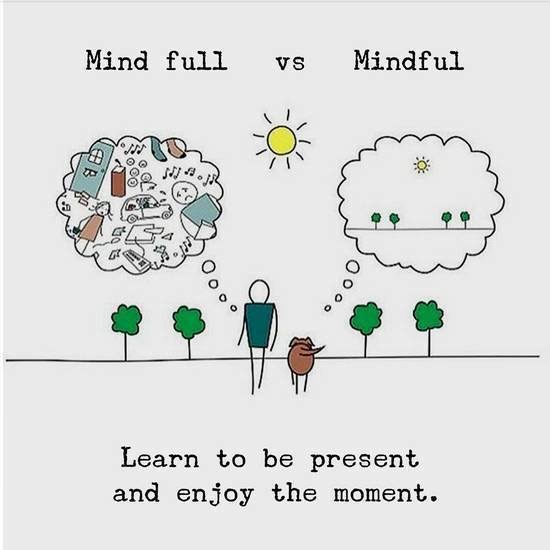One advantage to being a mindfulness teacher is the explosion of scientific evidence about how good meditation is for your brain.
The ancient pundits who taught the same techniques I teach today didn’t have clinics full of scientists promoting them, but today I can sight research from dozens of neuroscientists assuring me my work at DPM/SBC is based on fact.
SCIENCE DIRECT magazine just published a neurobehavioral study (https://doi.org/10.1016/j.copsyc.2019.02.009) about how the decentering effect of mindfulness meditation treatment might help speed recovery from distress disorders.
The mindfulness skills of mental concentration, sensory clarity, and emotional equanimity have a neural activation effect on the nerve networks that underlie emotion, cognition and goal directed behavior.
Distress often causes prolonged internal suffering range from self-centered negative emotions to intense paranoia. This level of stress complicates and worsens emotional and physical conditions. The decentering effect of mindfulness strengthens the mental ability to “look into feelings”, disidentify from negative self-talk and reduce emotional reactivity to the content of thoughts. The overall resulting benefit is increased ability to set goals for stepping out of problem thinking and into solution thinking aimed at more personal happiness. and feeling.









